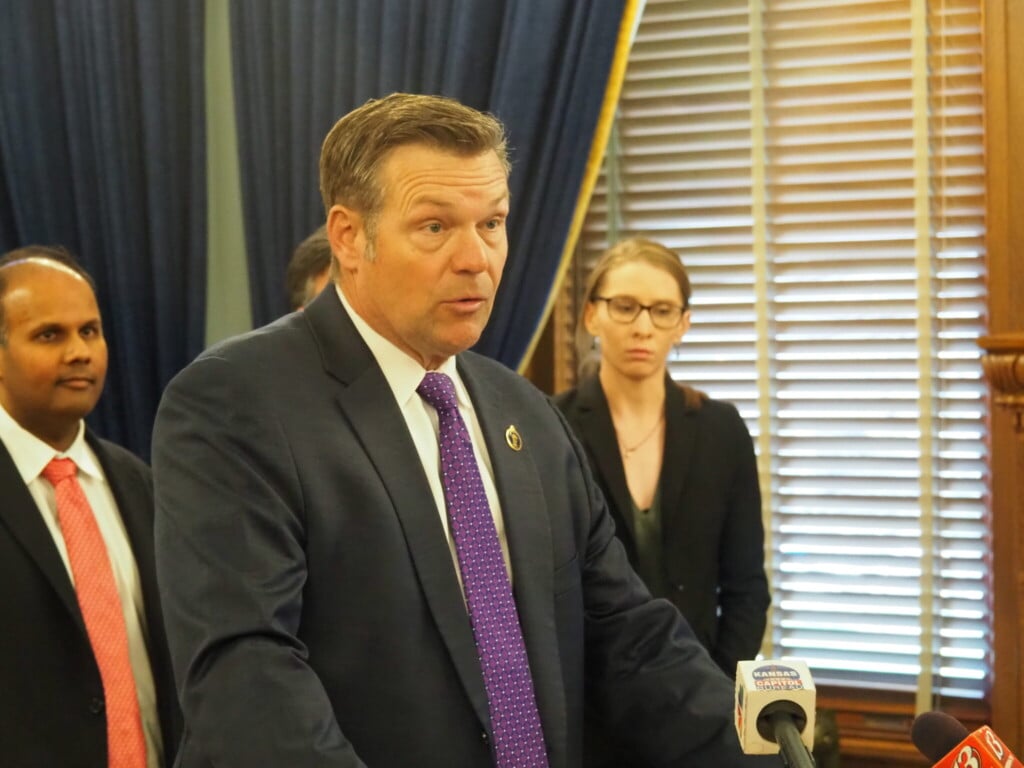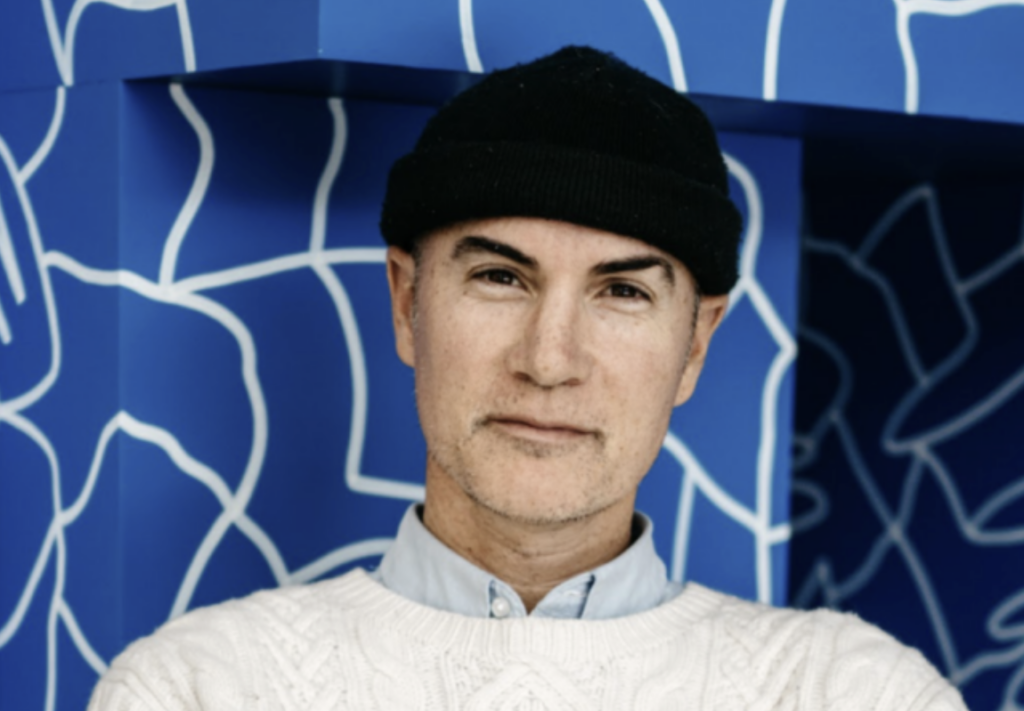Metric’s Emily Haines on Pussy Riot, Williamsburg in the ’90s, and her band’s latest release, Synthetica


Emily Haines — singer of Canadian new-wave act Metric, founding member of indie mega-group Broken Social Scene, well-known smart lady — has never been one to keep her thoughts to herself. She’s openly political and brazenly honest, and Metric’s fourth studio album, Synthetica, finds her busy wondering how our frenetic, computer-interfaced modern way of living might be affecting our lives. She elaborated on this topic and others when The Pitch recently caught up with her by phone in advance of Metric’s September 12 show at the Beaumont Club.
The Pitch: Your band has lived in so many different places. Where do you find to be the most conducive to making music?
Haines: It’s actually this Toronto–New York hybrid. The studio that we have in Toronto — it’s our headquarters for music as well as a sort of psycho-emotional headquarters. But there’s always a stage in the process where we feel like we need the perspective that New York gives. And there’s the fact that the band met in Brooklyn 10 years ago. It always feels like another birthplace.
Do you think that New York is still a good place to play as a smaller band, or has it become more difficult?
I don’t know — I was just talking about this with someone the other night. Because there are some great stories that came out of those years when we were there. Late ’98, ’99, we had this big industrial — they’d call it a loft but it was more like a garage. It was before Williamsburg had really gotten going. It turned out that so many people who were living there went on to do great things: members of TV on the Radio, the Yeah Yeah Yeahs, Stars, and then obviously Metric. It all kind of came out of this time. Interpol and the Strokes were doing their thing. It sounds great, but in some ways it wasn’t. I don’t know if it’s possible for there to be another wave like that, but I think New York can always be a place for things to come together.
One more quick look back. Broken Social Scene had so many people of such a high talent level. Was it hard to wrangle everyone together, or was it something that worked well?
Jimmy [Metric bandmate James Shaw] and I were founding members of the band with Kevin [Drew] and Brendan [Canning], and then all our lives went so many different ways. Our primary thing was always Metric. All these other bands already existed before Broken Social Scene started. We all had our main projects, and [BSS] was an amazing way to hang out. Really, it’s Kevin’s ability to bring people together. For me, it’s really a pleasure. I didn’t do a lot of touring. The logistics probably got difficult for the rest of the band.
Other than some obvious stylistic differences between your solo work and Metric, does the music created on your own serve different purposes to you or does it all satisfy the same need?
The solo records I made, I had to make them because they’re essentially dedicated to my father [Canadian poet Paul Haines], who had just passed away. It’s very much a part of that time. As much as I try to be articulate in describing the process or the reasons or motives for why things happen the way they happen, I just have to be honest…. You just feel this imperative to do something, and later on you can apply some reasoning to it, but a lot of it is just staggering around in the dark.
What do you think about the Russian punk band Pussy Riot, whose members were just sentenced to two years in prison for performing an anti-Putin song in a church?
I’ve been thinking about this a lot recently, and I’m really at a crossroads. Anybody who knows [Metric] or cares about it knows where we stand. I’m really struggling with whether anyone wants me to say something more. There’s this really fine line between trying to make sure that you bring attention to causes or world events that need attention, and then sort of glomming onto whatever really serious event might be happening and making sure that you’re there waving your hands in the background with your two cents to comment on it. I really struggle with that. I tweeted a week ago a link to the story, which lately has been my way of approaching things.
Synthetica has some interesting themes running through it about people being so disconnected that what’s real and what’s not becomes confusing. Are you saying we’re overstimulated or overmedicated or too vain, or all of the above?
Well, yeah, it is interesting to note that we live in a time where addiction to prescription drugs that aren’t even psychedelic, drugs that just make you nod off and removed, that those addictions are exceeding those of street drugs that might stimulate some new thought or have some creative purpose. To me, that says a lot about where we’re all at. To be clear, I include myself in these assessments. I feel like a person of the time I’m living in. Maybe I’m just trying to raise a flag for myself, too…. Maybe it’s all leading to some great place. It’s a head-thrashing era.
It seems like at every bigger concert I’ve been to in the last few years, some portion of the audience is just watching it through their cameras or phones instead of being actually present. What are your thoughts about how technology is influencing music?
I can’t really call anyone out on that because you’ll do whatever feels right in the moment. If you’re watching it through your phone and you’re having a good time … I think a lot of what I’ve tried to address is that I’ve noticed a difference in my own behavior. There was a time in my life where when you played a concert and you were only playing to the people in the room, things could happen. And now, it’s just completely changed the way I approach playing a show, just knowing that out of context, anything I do or say can be transmitted anywhere. On one hand, how amazing! A global broadcast. On the other hand, does it make me want to be brave? Not especially, you know? Maybe the thing we’re seeing, too, is that our generation is going to be the first to take stock of the things we don’t want to do. Maybe the next generation won’t be so quick to give away all of their personal information and become a permanent research pool for governments and advertisers. It’s a pretty good scam, you know? Hopefully what’s happening is, people are taking a better look at how their lives have improved and then finding out what they miss.




